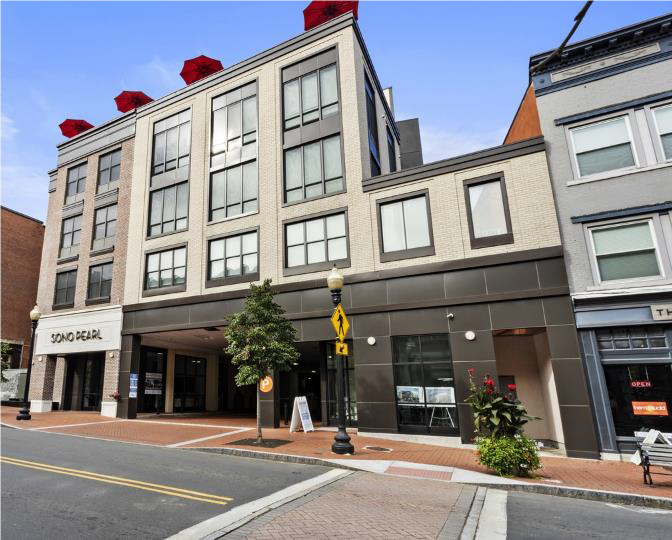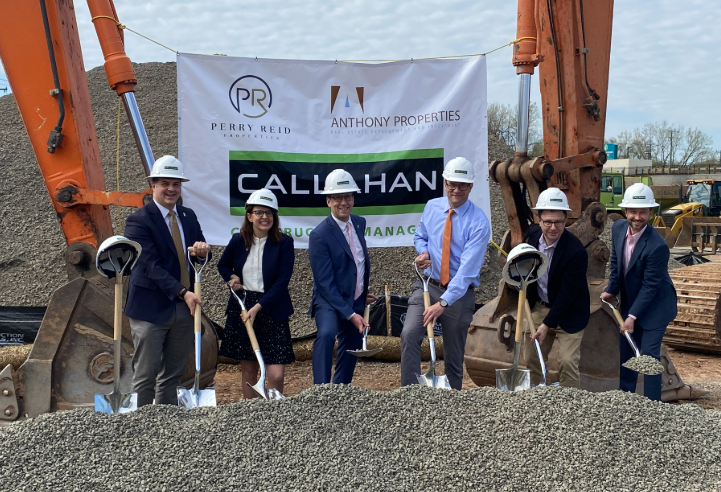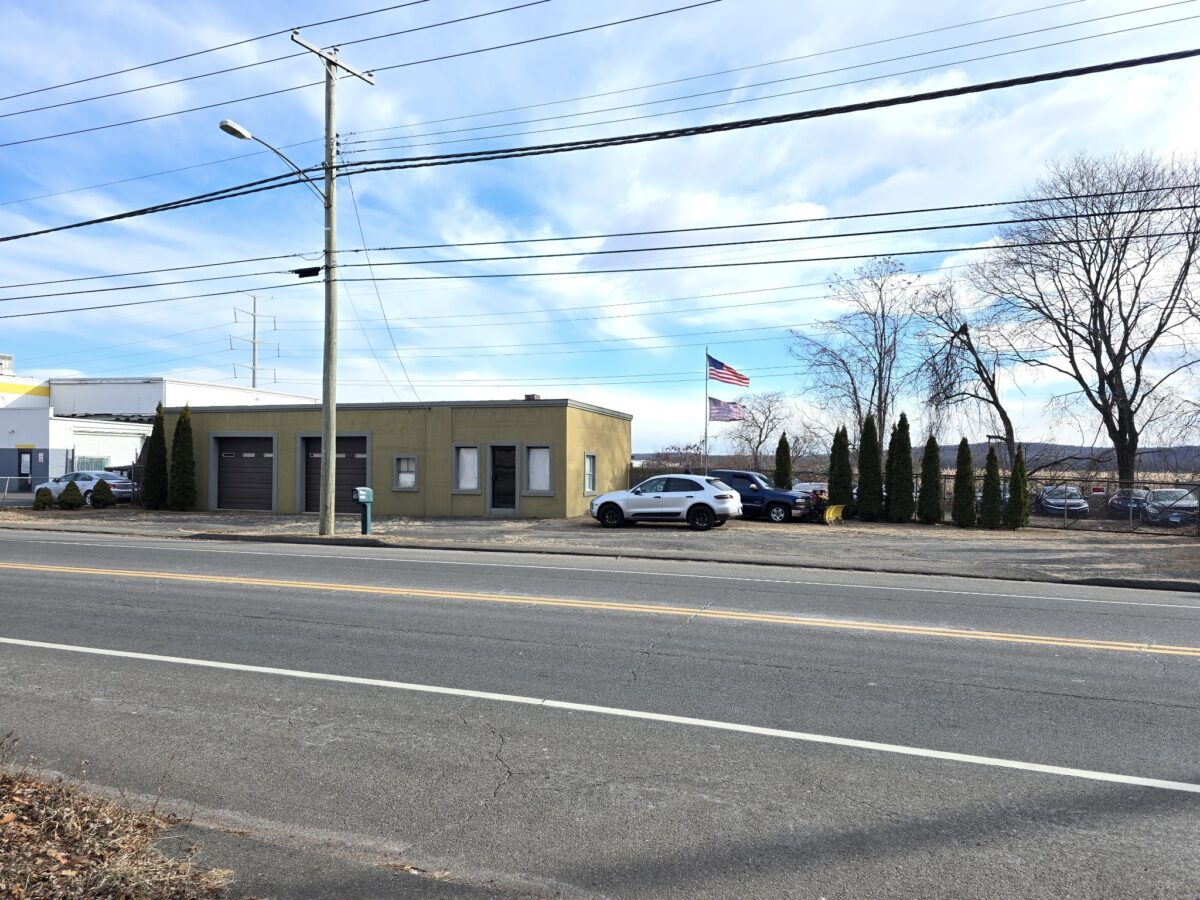News: Connecticut
Posted: April 19, 2012
Smaller commercial real estate developers and investors seeking alternative methods of financing
As local credit markets continue to remain tight, smaller commercial real estate developers and investors are seeking to gain access to alternative methods and ways to finance the purchases of commercial real estate assets. Unlike REITs which are flush with cash and shareholder's equity that was raised for them by major Wall Street investment banking firms through the Capital Markets, small commercial real estate investors are heavily reliant on borrowing money from banks to purchase real estate assets. As the downturn in the economy continues to linger, banks remain very reticent to lend their capital to smaller real estate developers and their loan underwriting standards have become quite onerous and very difficult for borrowers to adhere to and meet. For the last several years, bank regulators have been overzealous and have increased the level of scrutiny in reviewing bank's loan portfolios and, as a result, this added level of regulation has "trickled down" and forced the banks to reduce the number of new loans that they will make to potential customers who are seeking to expand their real estate portfolios. The banks' appetites for generating new commercial real estate loans is limited at best and will probably remain 'lukewarm" for the next few years. Until commercial real estate values stabilize and the level of inventory is reduced, small real estate investors will be severely challenged in obtaining conventional bank financing.
In order to expand and grow their real estate portfolios, smaller investors are going to have to gain access to private capital. These investors should seek to establish borrowing relationships from one or more private lenders who can provide debt capital to them when opportunities arise that will allow them to purchase commercial real estate assets at below market values with solid potential upside. Although the cost of private capital can be exponentionally higher than conventional bank loans, the advantages of utilizing private capital are numerous.
First, private lenders will make commercial loans that banks will not entertain. Second, the underwriting standards that private lenders incorporate into their decision making process is very basic in nature and not nearly as cumbersome to the borrower as the documentation that banks require in making a decision on a loan request. Third, the private lenders can close loans very quickly thus the borrower can take advantage of a buying opportunity of a real estate asset in a matter of days. Even if the borrower does meet a bank's loan underwriting criteria, it could take the bank months to close the transaction and the borrower may lose a buying opportunity to another investor who may be better financed. Banks can be very bureaucratic and rigid in turning around and closing a loan. On the contrary, private lenders do not possess any bureaucracy and can fast track a loan request so that it will close in a fraction of the time that it would take a bank to close the same transaction.
For example, my company, Worth Avenue Capital, recently closed a private loan transaction for one of our clients in which the client purchased a commercial building in a major city in New England for approximately 30% of the building's assessed value. Due to several mitigating factors, the client was unable to find a bank that could move quickly enough to close the loan in an expeditious fashion. We were able to close the loan in approximately two weeks from the day that the client called us and made the loan request. In this particular instance, the client took advantage of his access to my firm's private capital that enabled him to purchase a commercial building at a price that is well below this asset's intrinsic market value. As a result, this client has now created an excellent capital appreciation opportunity for his real estate portfolio.
For small real estate investors who are either unwilling or do not have the personal liquidity to utilize in purchasing additional real estate assets, it is critical for these investors to create an alliance(s) with a private lender who can act as their financier in building a commercial real estate portfolio. Achieving this goal will allow these investors to become far less reliant on obtaining conventional bank financing to grow the real estate portfolio.
Michael Ciaburri is the founder and principal of Worth Avenue Capital, LLC in Guilford, Conn. Since 2008, the company has closed several debt financings for both commercial real estate investors as well as other small businesses in various industries including manufacturers, distributors, wholesalers, retailers, restaurants, and construction.
Tags:
Connecticut
MORE FROM Connecticut
Highcap Group brokers $41.1 million sale of two building multifamily portfolio
Norwalk, CT Highcap Group has completed the sale of two luxury multifamily properties with a total of 120 units for a combined purchase price of $41.4 million.








.png)